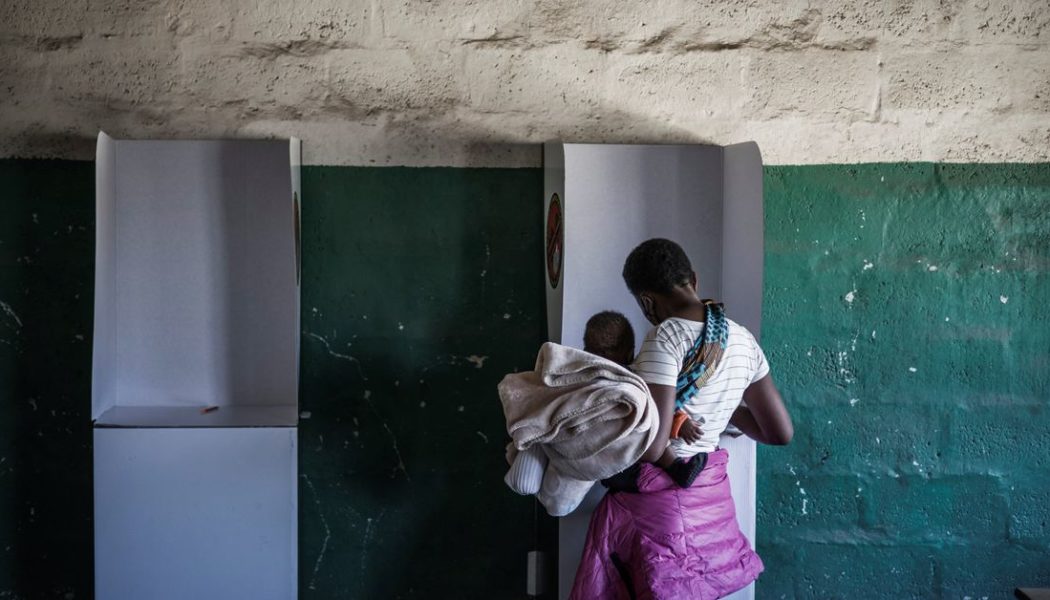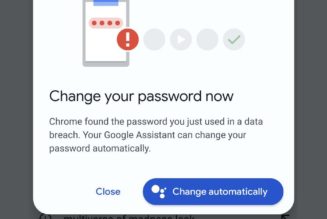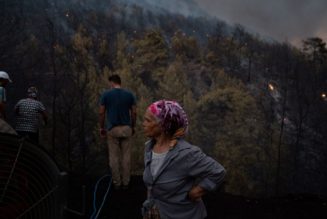
WhatsApp and other apps are reportedly blocked in Zambia during ongoing general elections being held in the country Thursday, according to digital rights organization Access Now and internet monitor NetBlocks. The block, affecting state-owned internet providers and other private networks, could be cutting off voters from a vital form of communication during a contentious election.
Lusaka Times, a local Zambian news organization, writes that officials from Zambia’s Ministry of Information and Broadcast Services considered shutting down internet access in the lead-up to election day, citing a desire to stop the spread of election misinformation. A dramatic decrease in election day internet traffic from WhatsApp, Twitter, Instagram, and Facebook spotted by NetBlocks seems to confirm that the government moved forward with that plan.
Zambia’s presidential election, pitting incumbent President Edgar Lungu against opposition leader Hakainde Hichilema, has already been marred by violence, according to reports from Reuters, prompting a military crackdown from the current government. Polls closed as of 12PM ET, but votes are still allowed to be cast for anyone still in line.
Typically information promoting voters’ security and safety would be disseminated on social media and messaging apps — everything from voting wait times to instances of potential voter fraud — but now voters on affected networks in Zambia are having to turn to VPNs to communicate.
The Verge has contacted Twitter, as well as WhatsApp and Instagram’s parent company Facebook, for comment on the blocks in Zambia. We’ll update this article if we hear back.








